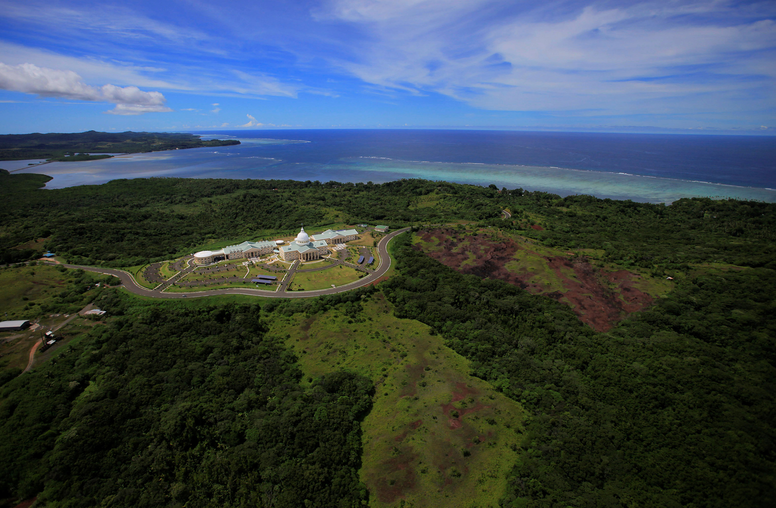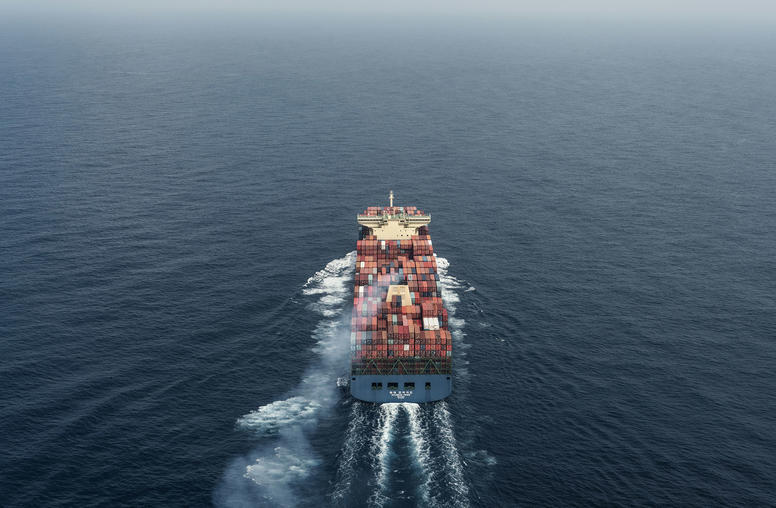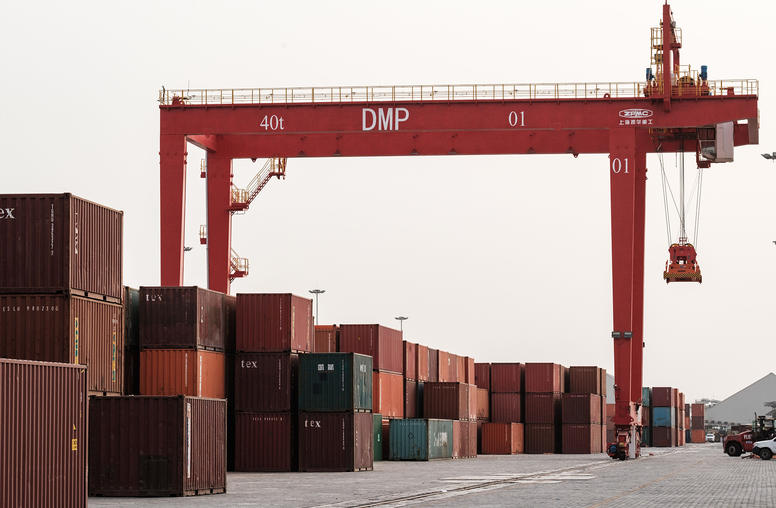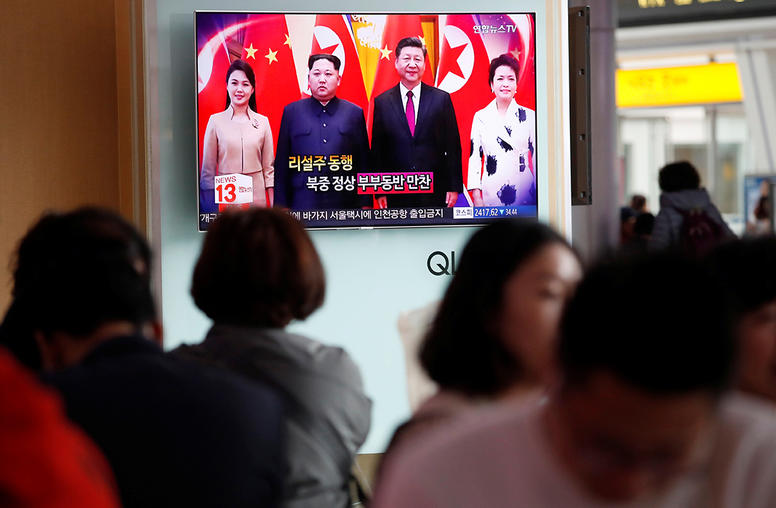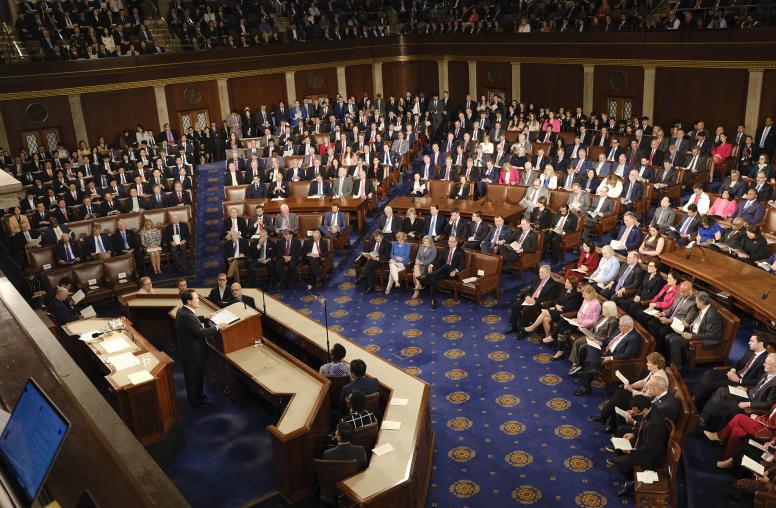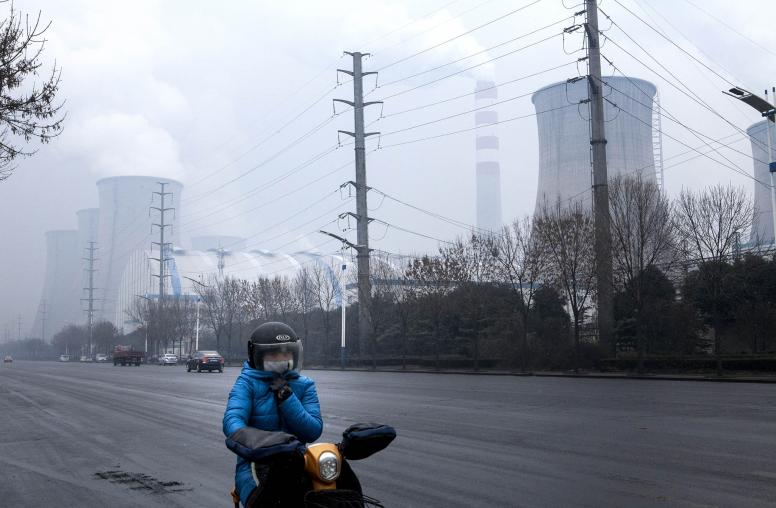Over the last decade, China has become more engaged internationally, including in conflict zones and fragile states of strategic interest to the United States. From civil wars in neighboring countries, such as Afghanistan and Myanmar, to more distant conflicts in Africa, China is becoming an increasingly important player in regional and international efforts to mitigate conflict. In countries where China exerts a strong influence, its engagement can have a substantial impact on local and international efforts to curb violence and extremism.
China Senior Study Group
The United States Institute of Peace is convening a series of bipartisan Senior Study Groups (SSGs) to examine China’s influence on conflict dynamics around the world. The SSGs offer new insights into China's objectives and role vis-à-vis various conflicts, and generate recommendations for ways the U.S. government and other key stakeholders may account for China’s impact in their work to prevent and resolve conflict and support lasting peace.
SSG Reports

China’s Influence on the Freely Associated States of the Northern Pacific
This report, the fifth in USIP’s Senior Study Group series on China’s influence on conflict dynamics around the world, examines how Beijing’s growing presence is affecting political, economic, and security trends in the Freely Associated States of the northern Pacific—the Federated States of Micronesia, the Republic of Palau, and the Republic of the Marshall Islands.

China’s Influence on Conflict Dynamics in South Asia
This report is the fourth in USIP’s Senior Study Group (SSG) series on China’s influence on conflicts around the world. It examines how Beijing’s growing presence is affecting political, economic, and security trends in South Asia and the Indian Ocean region.

China’s Impact on Conflict Dynamics in the Red Sea Arena
This report examines China’s interests and activities in the Red Sea arena, their impact on intrastate and regional conflict dynamics, and implications for U.S. and regional interests. The report advances recommendations for how Washington should respond to Beijing’s growing economic, diplomatic, and military footprint in the region.

China’s Role in North Korea Nuclear and Peace Negotiations
This is the second in the SSG's series of USIP reports examining China’s influence on conflicts around the world. A group of fifteen experts met from September to December 2018 to assess China’s interests and influence in bringing about a durable settlement of the North Korean nuclear crisis. This report provides recommendations for the United States to assume a more effective role in shaping the future of North Korea in light of China’s role and interests. Unless otherwise sourced, all observations and conclusions are those of SSG members.

China’s Role in Myanmar’s Internal Conflicts
This report is the first in the SSG's series that USIP is convening to examine China's influence on conflict dynamics around the world. A group of thirteen experts met from February to June 2018 to assess China’s involvement in Myanmar’s internal conflicts, particularly those in Rakhine, Kachin, and Shan states, as well as China’s impact on Myanmar’s overall peace process.
